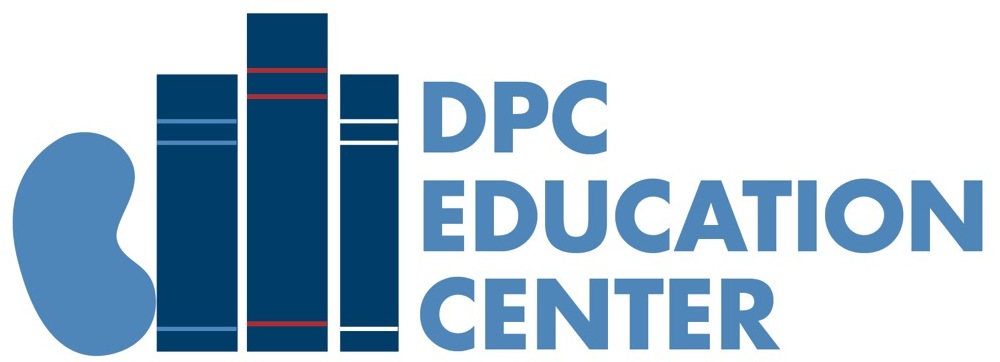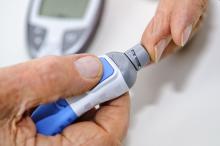Diabetes
Hypertension, Diabetes at Hemodialysis Initiation Increasing
November is Diabetes Awareness Month
If you have diabetes you are at a higher risk for kidney disease, especially if you have high glucose and high blood pressure. Approximately 1 in 4 adults with diabetes will also develop kidney disease. Your chances increase if you smoke, are overweight, have heart disease, have a family member with kidney disease and you don’t exercise or follow your diabetes food plan. Many people are not aware that they have kidney disease and would benefit from being tested for it.
New Test Identifies Patients with Diabetes Who Are At High Risk of Kidney Failure
Decoding Diabetic Kidney Disease
A research team at the Icahn School of Medicine at Mount Sinai has revealed biological pathways involved in diabetic kidney disease. They hope that with these new pathways, early diagnostic tests and targeted treatments can be designed. According to the National Kidney Foundation, about 30 percent of patients with type 1 diabetes and 10 to 40 percent of those with type 2 diabetes will eventually have end-stage renal disease (ESRD).
Randomized Trial Will Reveal Diabetes Drug's Effects on Kidney Health
Staying Well During Flu Season
With flu season upon us, it is especially important for you as a chronic kidney disease patient to take precautions to avoid infection. If you are also diabetic, your risk of being hospitalized because of flu increases dramatically. The Centers for Disease Control and Prevention (CDC) has released comprehensive guidelines about avoiding the flu and staying well during flu season.
Curing Diabetes With a Kidney-Pancreas Transplant
U.S. Diabetic Kidney Disease Rate Unchanged
November education call aims to increase diabetes awareness
Diabetes is one of the primary causes of Chronic Kidney Disease. November is Diabetes Awareness month, which provides the perfect opportunity to further education on the disease and how it can affect your kidney health. Join us Monday, November 2 at 3:00 PM to hear a discussion on ways to manage diabetes to stay as healthy as possible. The call can be viewed online by visiting www.dpcedcenter.org/education-calls or by phone at 1-877-388-5186 conference code: 433-459-5474.




